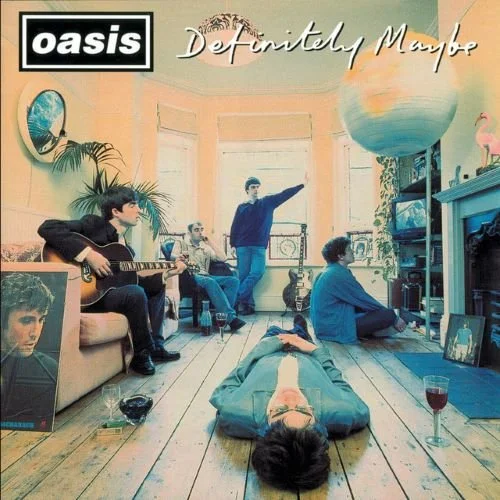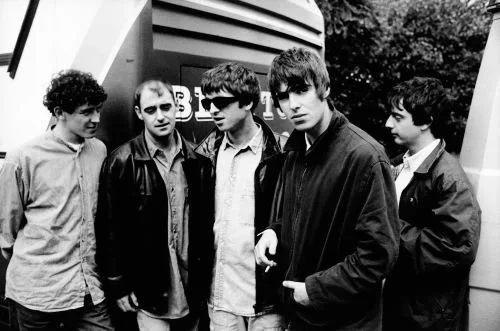The Price of Life with Jenny Kleeman was one of the most interesting talks for The Trouble Club. At Home Grown, it was really intriguing. A book that explores the value of a human life in many different situations and forms, I would urge people to check it out. It was a really funny and brilliant evening on 17th April. The reviews for The Price of Life have been positive. Here is what The Guardian noted about a thought-provoking book:
“Kleeman shows how prices are contingent on social status, where you live, market conditions and pure chance. While some of the variations reveal injustice, others are less meaningful and harder to compare. As Kleeman acknowledges, £200 to hire a killer or the $500 paid for a child bride in Afghanistan are really measures of desperation. It is when we get to the more abstract top-down allocation of resources, the necessary weighing of one life against another, that this book provides the most satisfying answers to the philosophical questions posed with such thoughtful clarity at the start.
Followers of the philanthropic movement known as effective altruism believe charitable donations should be determined by cool-headed quantification of the benefits, rather than a leaflet through the letterbox with a picture of an injured puppy. Effective altruists will prioritise helping a stranger on the other side of the world over a homeless person on your street if it represents more bang for your buck. They will tell you how to save a life for just $4,500 – as long as it’s a life in Africa, because those are deemed the least expensive. One advocate ruminates on the optimum age to save a person’s life. “I think my peak value is the death of an eight-year-old,” he says.
England and Wales’s National Institute for Health and Care Excellence (Nice) must also be dispassionate, but in the service of a cash-strapped NHS rather than billionaires’ consciences. Its deliberations are fascinating, and take place largely out of public view. Nice uses a measure called a Qaly: a quality-adjusted life year. One Qaly means one year in good health, and is worth £20,000-30,000. If a drug costs that much or less for each additional year of good health it provides for a patient, then Nice will approve it.
Kleeman meets the mother of a child with a rare genetic disease who was just over the age limit for access to the world’s most expensive medicine. She appealed to Nice through the media and it relented, showing its human face. The organisation has to reconcile the competing interests of the individual and the collective – as the mother put it, “I appreciate that there isn’t a never-ending supply of money, but when it’s your child … ” This tension is vastly exacerbated by market capitalism. “As long as pharmaceutical companies are run for profit,” Kleeman notes, “there will be a price on life.”
Her book is a mind-bending exploration of intrinsic and fungible value, recalling Shylock’s pound of flesh and his muddling of ducats and daughters. First you deplore the imposition of rigid metrics on tender human beings, then you remember that monetary worth is itself elastic. Kleeman has picked an illuminating lens through which to explore the quantification of everything in a data-driven society, and the pros and cons of cost-benefit analysis. Surprisingly, Nice’s Qaly figure was pretty much plucked from the air: it’s a relative measure, an arbitrary tool for comparison. “The danger comes,” Kleeman observes, “when people treat tokens as if they truly represent the real price of a human life.”
Having mooted a cost-benefit analysis for lockdowns, Cuomo bottled it. “To me, I say, the cost of a human life … is priceless, period,” he declared. The then chancellor Rishi Sunak promised, likewise, to “do whatever it takes”. But “whatever it takes” has a price tag. Divide the cost of lockdown by the number of life years it saved, and you get £300,000: 10 times the Qaly threshold. If you piously dismiss these sums as cold calculation, Kleeman points out, more people might die, now or in the future. Putting a price on life can amount to exploitation, but sometimes it’s a way of being fair”.



























































